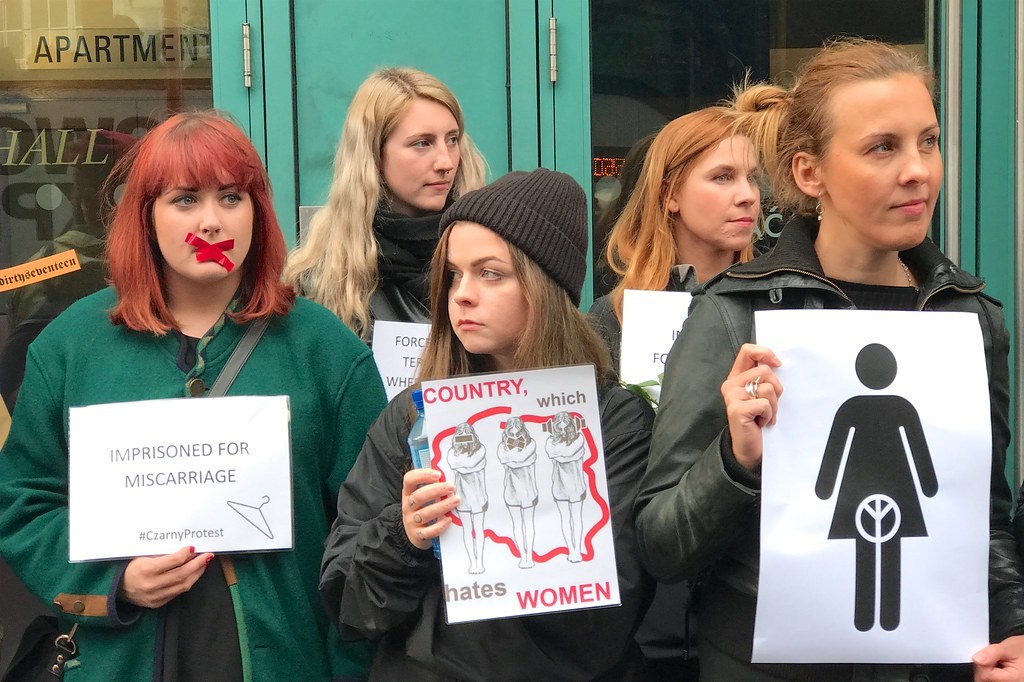The Polish Tribunal on the constitution will meet on Thursday to consider tightening Poland’s strict abortion laws further and ban abortions in case of severe (potentially fatal) abnormalities in the foetus.
The Tribunal will consider whether it should be legal for women to access abortions in the case of severe and irreversible abnormalities in the foetus, or if prenatal tests show the presence of incurable and life-threatening diseases.
Opponents argue that this access would disrespect the dignity of human life.
Abortions in Poland are illegal except for in cases of incest, rape, severe foetal abnormalities and when the mother’s life is at risk.
In addition, Polish doctors have the right to refuse to perform abortions on grounds of religion.
The ruling PíS-party is in favour of further limiting access to abortions for Polish women. Some say the party is looking to use the Tribunal to change the law, as previous parliamentary debates on the issue caused public outcry and political unrest.
The Polish Parliament delayed a vote on the same issue in April. Following the Tribunal’s decision, the Parliament will likely meet later this year to potentially make the restriction into law.
On Wednesday, Member of the European Parliament Terry Reintke (Greens) spearheaded a protest outside the European Parliament where women dressed in red robes based on the books and television series ‘The Handmaid’s Tale’. The costumes have been used in many women’s rights protests before.
The battle is on between those who want to go back in time and take away rights from women and minorities.
And those who fight for more freedom and equality. I know which side I am on. OUR BODIES, OUR RIGHTS.#OstraJazda #WyrokNaKobiety pic.twitter.com/exTd8o1Zer — Terry Reintke (@TerryReintke) October 21, 2020
“The attack on women and LGBTI rights in Poland continues,” Reintke said. “We can see in action right now what happens when authoritarians and fundamentalists take political control.”
“I can reassure you we are going to continue to stand up across groups in the European Parliament to defend fundamental rights – to defend women’s rights, and to defend LGBTI rights.”
On Tuesday, the Slovakian Parliament rejected a proposal to tighten its abortion law with a narrow majority of one vote.
On 9 October, Spain considered removing parental approval for underage girls seeking abortions.
Last week, 117 MEPs pressured the EU to ratify the Istanbul Convention on Combating Violence against Women and Domestic Violence, and to make violence against women a crime, stressing that one in five women in the EU suffer sexual and/or physical violence.
The Convention is the world’s first joint binding effort to fight and prevent violence against women, ranging from marital rape to domestic violence and female genital mutilation
Amée Zoutberg
The Brussels Times

